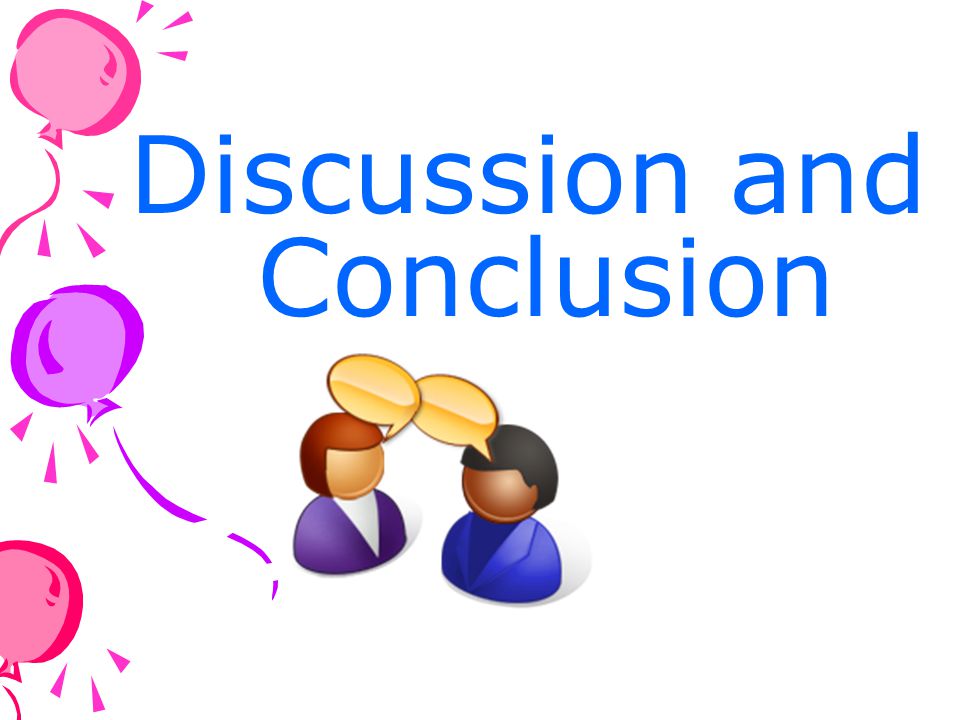Discussion and Conclusion
CHAPTER FIVE: DISCUSSION AND CONCLUSION
Writing the Conclusion is as challenging as writing your Introduction. One big difference, however, is that in the Introduction chapter, you pose questions to your audience while in this chapter, you present the answers to those questions. It is important to bear in mind that the Conclusion is not a summary of your Introduction even though it needs a paragraph that may summarize the whole thesis.
In the Conclusion chapter, it might be useful to mention briefly again your research questions and hypotheses so that the reader can relate it to the discussion of your findings. Outline your objectives in conducting the research. Emphasize the importance of your investigation and the answers you have found. Discuss the why, the what and the how of your investigation. Emphasize the significance and impact of your research in your Conclusion. Your readers are keen to know how your findings have contributed to existing knowledge in the discipline. They are also eager to know how your investigation could provide solutions to similar problems.
In the Conclusion, you should argue how your findings have bridged the gap in the particular area of knowledge. You should provide adequate information for other researchers to conduct further studies with a suitable methodology such as yours. Do not add any unrelated materials that are not part of your research. The Conclusion chapter, like the rest of the chapters, should follow a scientific style of thesis writing as other scholars might want to
cite your paper to acknowledge your contribution. When you present your arguments, avoid mentioning your weaknesses. Always stress that you have a reliable and measurable outcome and contribution. (Robert, et, al., 2005).
Remember, when writing the Introduction chapter, you start from general to specific statements but in your Conclusion, it is vital to remember that you discuss everything starting from specific and end up with a general understanding of things. Direct your readers to the real applications of your findings and to what extent the findings can be generalized. When you are writing your conclusion, it is vital that pose some questions for your readers to ponder on. Make sure to summarize the main issues in your thesis so that you can refresh the reader’s memory.
In addition, stress the fact that you have proved or disproved your problem, that you have answered your research questions, and tested your hypothesis. Remember, your Conclusion is the most important part of your thesis. Many readers read the abstract, a little bit of introduction, go through your results and focus on the relevance and impact of your findings. That is your conclusion. Now is your chance to answer this question in a scholarly manner and make your point that your research is worthy of reading as you have accomplished what you have set out to investigate.
